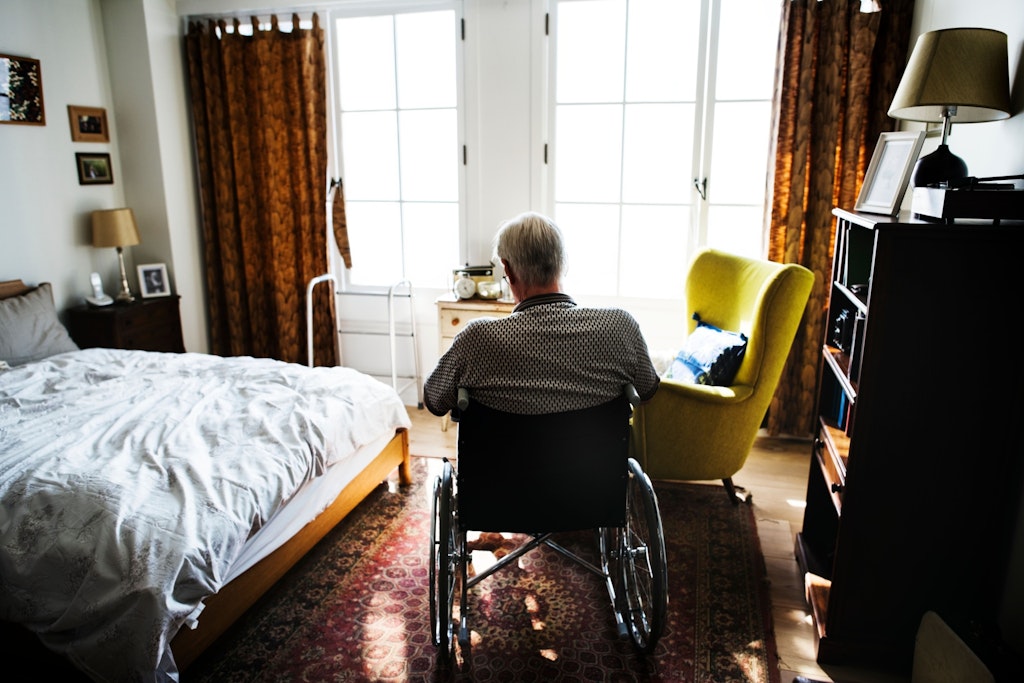Catholic Health Aus says insurance should cover hospital care at home
Published on 12 April 2024

Catholic Health Australia wants to see expanded private health insurance coverage for hospital-in-the-home care so that older Australians can achieve better care outcomes without leaving home.
The treatment would arguably also provide better continuity of care for those already receiving home care services as they would not have to move in and out of the hospital regularly for specific treatments.
Catholic Health Australia (CHA) is calling for the Federal Government to make this change in a pre-budget submission. CHA Chief Executive Officer Jason Kara said the default benefit (the minimum insurers must pay for a treatment) should apply to hospital-in-the-home care.
“Treatments like chemotherapy, dialysis, wound care, palliative care and post-surgical rehab can be conducted safely at home with better outcomes – but millions of patients are missing out,” Mr Kara said.
“Care at home can lead to lower readmission rates, shorter stays and increased patient satisfaction, as well as reduce pressure on the straining hospital system – but private hospitals are unable to provide it without funding agreements.”
Currently, individuals with home care packages are more likely to have an emergency department (ED) visit, unplanned hospitalisation or preventable hospital visit than their counterparts in residential aged care.
Additionally, CHA stated that by 2025 just 5% of Australians accessing hospital services can be treated at home, compared to 13% in the United States and 20% in the United Kingdom.
“To stop Australia falling further behind international peers, and ensure patients receive the care they want, the government must apply a default benefit to hospital-in-the-home care,” Mr Kara added.
Better private health insurance coverage would reduce the need for many unplanned hospitalisations and ED presentations as older people could receive the same quality of care continuously in their own homes.
CHA-commissioned modelling found a default benefit of $330 per day of treatment would incentivise investment and contracting to cover a range of conditions.
Alongside private health insurance, CHA made several other key recommendations in its pre-budget submission. These include:
- Easing workforce shortages by establishing Health Workforce Australia, providing rental assistance to nurses and creating a health and care worker passport
- Improving mental health care by removing insurance waiting periods, extending default benefits, and increasing medicare rebates
- Providing funding to allow medicare ineligible patients to access primary health networks and urgent care clinics to prevent avoidable hospitalisations
- Commencing reform of the private health sector towards an activity-based funding model
The Government has previously said it would develop a national skills passport, although it has not committed to an aged care or healthcare-specific passport. If it does act upon the recommendation, it would be one step closer to streamlining how aged care workers can move throughout the sector all while ensuring they hold the relevant qualifications and experience.